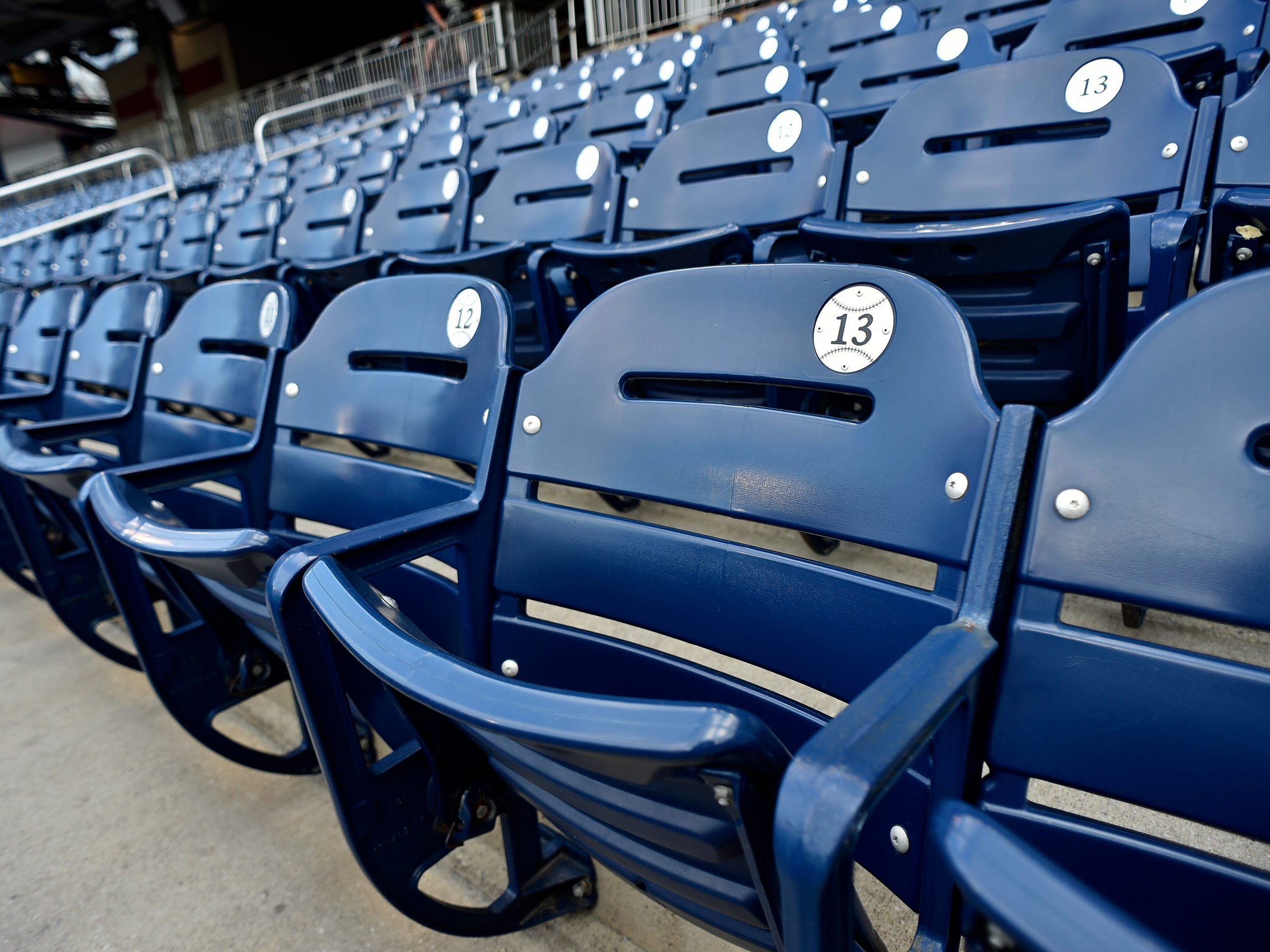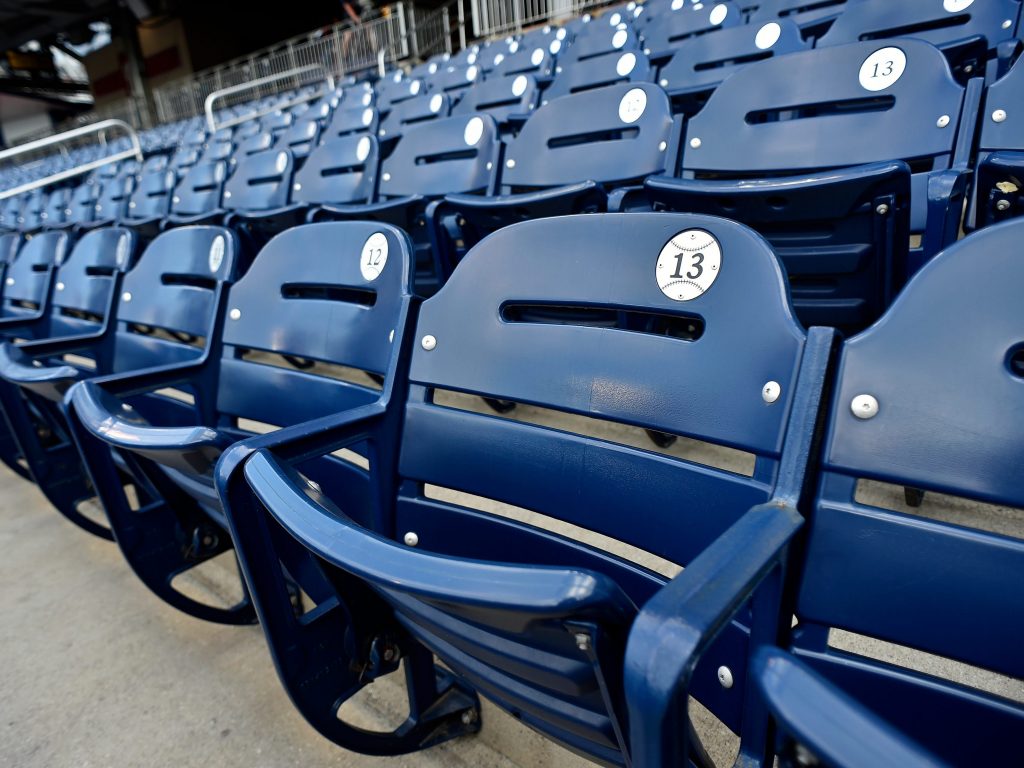
- MLB broke attendance records in the early 2000s, but it may have been fraudulent.
- A former executive said MLB teams gave thousands of tickets away, but recorded them as sales.
- Former MLB commissioner Bud Selig wanted record attendance after the steroid scandal.
- Visit Insider's homepage for more stories.
MLB's record-breaking attendance numbers in the early 2000s were "rigged," according to one former team executive.
David Samson, who served as the Miami Marlins' president from 2002 to 2017, appeared on "The Dan Le Batard Show with Stugotz" and explained that former MLB Commissioner Allan "Bud" Selig had teams give away hundreds of thousands of free tickets to fans. Those tickets were then used to boost overall industry attendance and make baseball look healthier than it was.
"He wanted the narrative every year that baseball attendance was increasing," Samson said. "When it came out that attendance was actually not going up, he invented something called 'discretionary tickets.'"
Samson described discretionary tickets as tickets that the commissioner's office gave to teams to give away for free to fans and charities. The teams and MLB then counted those "discretionary tickets" toward their total paid attendance figures even if the tickets were never used.
Samson said Selig wanted to set a new attendance record each year to help rebuild MLB's image after the 1994-95 players' strike and the widespread performance-enhancing drug scandals of the late 90s. the latter had driven up baseball attendance due to a historic influx in home runs.
"After the issue, they had in 94-95 with the strike, and the fact that steroids helped attendance in 97-98 with the home run chase, [Selig] wanted to continue that after steroids were taken care of ... to prove that baseball was healthy," Samson said.
Selig's plan worked for a while
MLB set all-time total attendance records in back-to-back years with 71.3 million in 2001 and 72.5 million in 2002, according to The Baseball Cube. Then, after a slight drop off in 2002-03, MLB broke those records four years in a row with 72.9 million in 2004, 74.3 million in 2005, 76 million in 2006, and then 79.4 million in 2007, which still stands as the most attended year in baseball history.
Samson's revelation is not the first instance of MLB teams getting caught boosting their attendance numbers with tickets that were given away for free.
In 2012, when the Boston Red Sox were closing in on breaking the record for most consecutive sellouts in North American sports, the Boston Globe published a story that revealed hundreds of tickets that were given away for free were being counted toward the Red Sox's "sellout" metrics.
In 2005, the Los Angeles Times announced it would stop including MLB attendance figures in their stories because of the discrepancies between attendance figures that teams were reporting and actual attendance at the games.
"In effect, we're intentionally presenting inaccurate information while attributing it to the home team," former Los Angeles Times Sports Editor Bill Dwyre wrote in a memo.
However, the practice of counting "discretionary tickets" toward official attendance seems to have stopped in recent years.
In 2018, the Oakland Athletics let 46,765 fans attend a home game for free, but MLB's vice president of communications Michael Teevan said that attendance for that game wouldn't count toward total attendance for the season.
"Since our standard is paid attendance and the extraordinary gesture of the A's allowed fans to be admitted for free, last night's game will not count toward our attendance figures," Teevan said, according to Mercury News. "We are planning that it will not register as a home date for paid attendance purposes."
MLB attendance has steadily declined each year since 2007, with total attendance falling below 70 million for the first time since 2004 in 2018 and 2019 - the last two seasons before the COVID-19 pandemic halted sports attendance.
